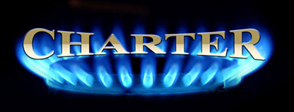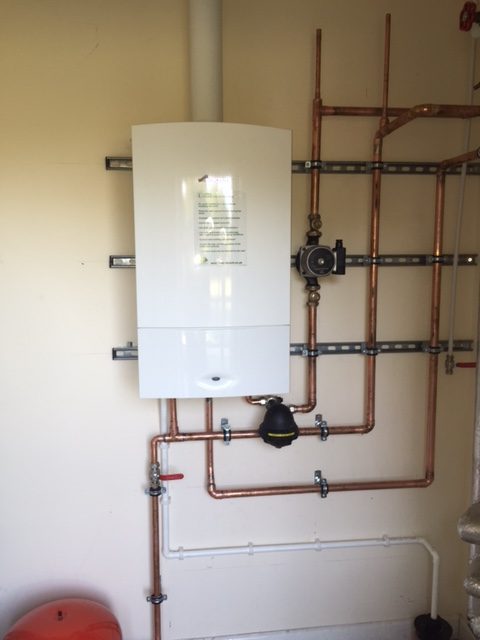Here at Charter Heating, we are leading professional gas and boiler experts. We provide solutions for homeowners, landlords, and commercial businesses around Hertfordshire, Middlesex, Buckinghamshire, and Bedfordshire. One of the common problems that we often encounter is known as kettling, and it is caused exclusively by hard water. So what is hard water?
What is hard water?
Hard water is water that has both magnesium and calcium ions. These dissolve into the water from different types of rocks, before the water enters your home. While these ions can be very beneficial for the development of teeth and bones, they are not so beneficial for your boiler. Or your kettle. That’s because these ions lead to calcium carbonate, more commonly known as limescale.
So, how does hard water damage your boiler?
Limescale can cause build ups in different places around your central heating system, including the pipes and radiators, as well as the boiler itself. The calcium carbonate is left behind, when the water is heated, and this can cause issues. In fact, limescale can cling to the heating element within your boiler, reducing the amount of heat emitted.
In addition, limescale deposits coating pipes can restrict the flow of water or gas, and prevent thermal conduction. Essentially, the more limescale that builds up, the more difficult it is for your central heating system to maintain heat. As a result, your boiler will need to work harder to achieve the usual temperatures, becoming less efficient. Eventually, limescale can lead to a full boiler breakdown.
However, there are some tell tale signs that your boiler is suffering with limescale build up. These can include:
- Cold spots in your radiators
- Rattling noises from your pipes and boiler
As a result, if you notice these issues, you should get in touch with a boiler expert as soon as possible. Here at Charter Heating, we have the skills and experience to repair your boiler.

